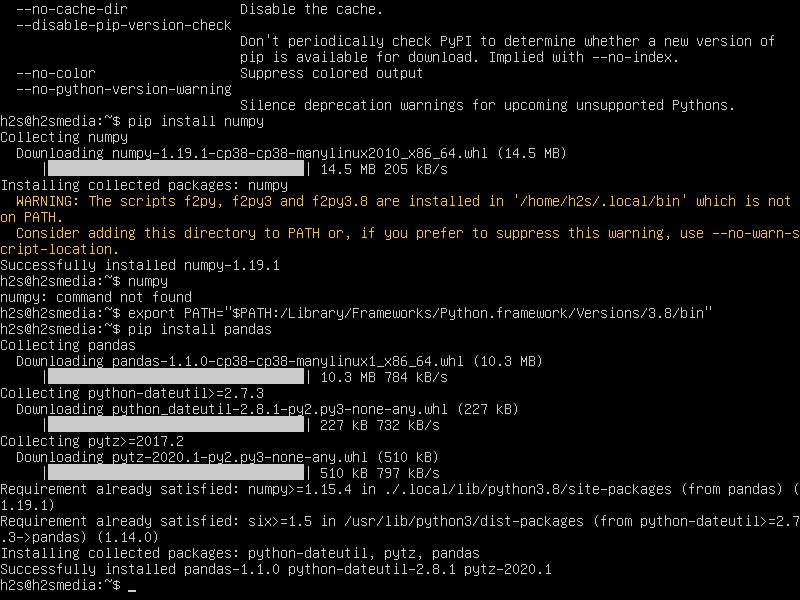

To install requirements in production stage use: $ pip-sync Now both compiled requirements files can be installed safely in Now compile the dev requirements and the requirements.txt file is used asĪ constraint: $ pip-compile dev-requirements.inĪs you can see above, even though a 2.2 release of Django is available, theĭev requirements only include a 2.1 version of Django because they wereĬonstrained. # dev-requirements.in -c requirements.txt django-debug-toolbarįirst, compile requirements.txt as usual: $ pip-compile Selected for production in requirements.txt. Requirements.txt to constrain the dev requirements to packages already Toolbar, then you can create two *.in files, one for each layer: # requirements.in django<2.2Īt the top of the development requirements dev-requirements.in you use -c Release in production and when developing you want to use the Django debug If you have different environments that you need to install different butĬompatible packages for, then you can create layered requirements files and useįor example, if you have a Django project where you want the newest 2.1 # pip-compile -generate-hashes requirements.in # This file is autogenerated by pip-compile Version 8.0, pip-compile offers -generate-hashes flag: $ pip-compile -generate-hashes requirements.in

If you would like to use Hash-Checking Mode available in pip since Packages whilst constraining requests to the latest version less than 3.0: $ pip-compile -upgrade -upgrade-package 'requests<3.0' Provide constraints on the allowed upgrades. You can combine -upgrade and -upgrade-package in one command, to $ pip-compile -upgrade-package django -upgrade-package requests = 2.0.0
#Pip install libavg update#
# update the django package to the latest, and requests to v2.0.0 $ pip-compile -upgrade-package django -upgrade-package requests # update both the django and requests packages upgrade-package or -P flag: # only update the django package To update a specific package to the latest or a specific version use the Requirements.txt, run pip-compile -upgrade. To force pip-compile to update all packages in an existing If pip-compile finds an existing requirements.txt file that fulfils theĭependencies then no changes will be made, even if updates are available. That fulfil the dependencies of setup.py or requirements.in. Pip-compile generates a requirements.txt file using the latest versions


 0 kommentar(er)
0 kommentar(er)
